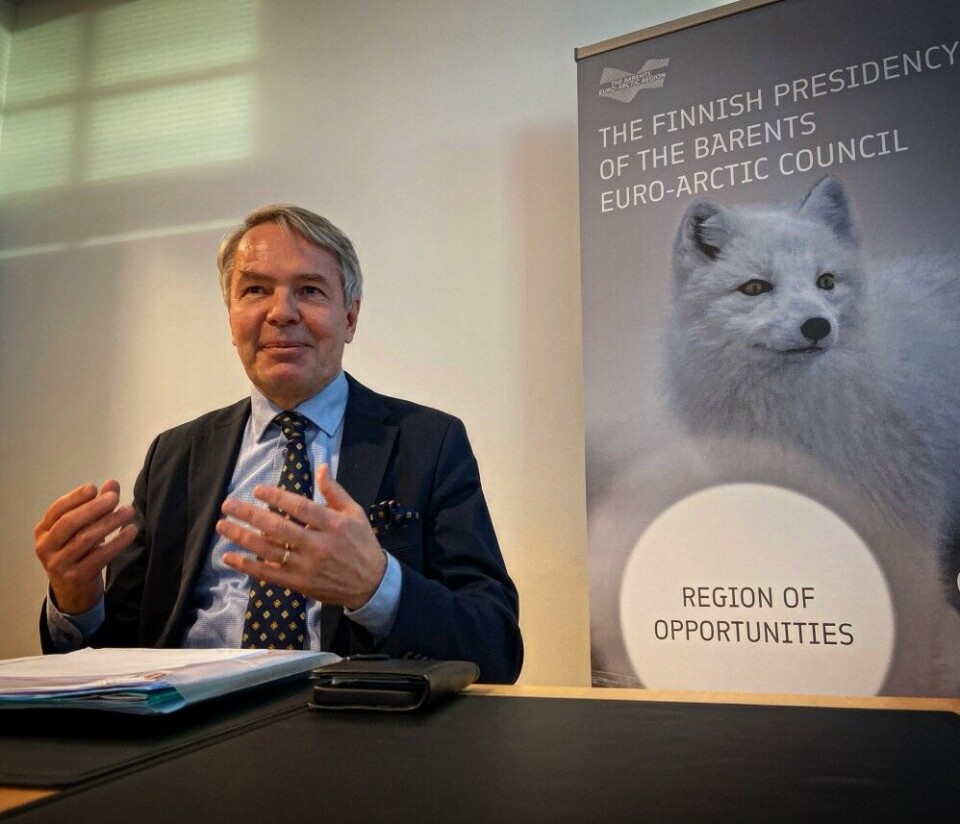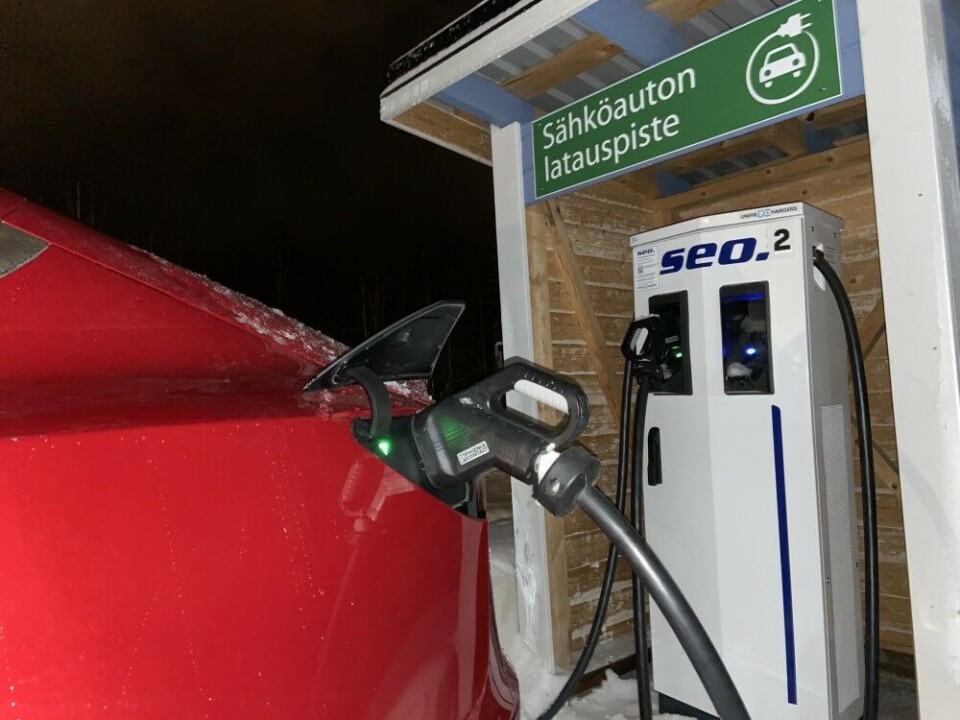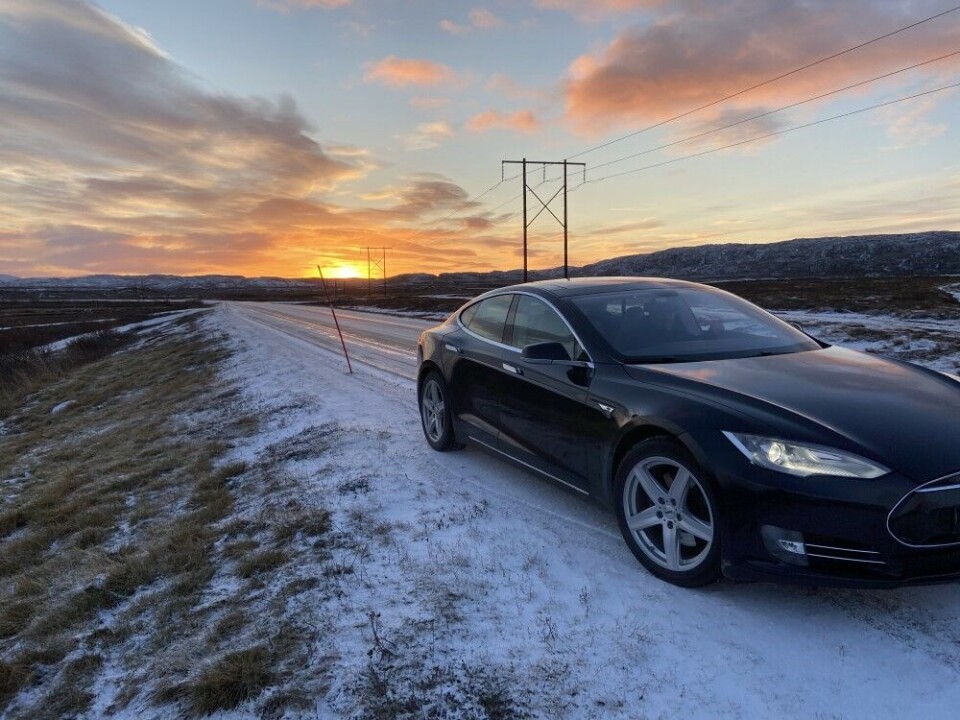
Foreign Minister calls for better supercharger network in remote north
Finland will in its Presidency of the Barents Council initiate improvements for a charger network for electric vehicles to be available also in areas with low population densities and long distances, says FM Pekka Haavisto.
Driving long distances in mid-winter freeze could be a challenge, especially in the northern parts of Finland where the charger network is far less developed compared with neighboring Sweden and Norway.
In northwest Russia, also part of the Barents cooperation, is chargers and electric vehicles as such nearly nonexistent.
In an interview with the Barents Observer after presenting Finland’s Presidency program for the Barents Euro-Arctic Council in Rovaniemi last week, Foreign Minister Pekka Haavisto elaborates on the urgent need for better infrastructure for battery-powered cars.
“A global transition towards sustainable transportation requires that appropriate infrastructure, such as electric vehicle charging, is available also in areas with low population densities and long distances,” Haavisto says.
The Minister assures that he will use the coming two years, as chair of the Barents Council, to prepare an initiative on how to catalyze the use of electric vehicles in the Barents area.
“The density of electric vehicle chargers, especially fast- and superchargers, remains proportionally low in the Barents region. We are trying to use our presidency to raise awareness of the situation and to look for practical solutions,” he explains.
Pekka Haavisto represents the Greens and has previously been Minister of Environment in Paavo Lipponen’s government in the late 1990ties.
In Lapland, Finland’s northernmost region, there are currently only three semi-fast chargers for electric cars; two in Sodankylä and one in Levi. A fourth will be installed in Ivalo by next spring. Tesla has a SuperCharger in Karesuvanto, but that one is only for the American automaker’s own vehicles.

“We are trying to use our presidency to raise awareness of the situation and to look for practical solutions. We need to develop connectivity in the way that it is environmentally sustainable and remove the barriers of remoteness,” Haavisto says.
While Finland has been behind its Nordic neighbors in sale of electric vehicles (EV), an unprecedented change came this summer, as fully electric cars outnumbered diesel cars for the first time In the new-cars sale statistic.
However, petrol cars are expected to continue their market dominance in Finland in the coming years, unlike in Norway where 8 out of 10 new cars nowadays sold are EVs.
Wakeup call

















